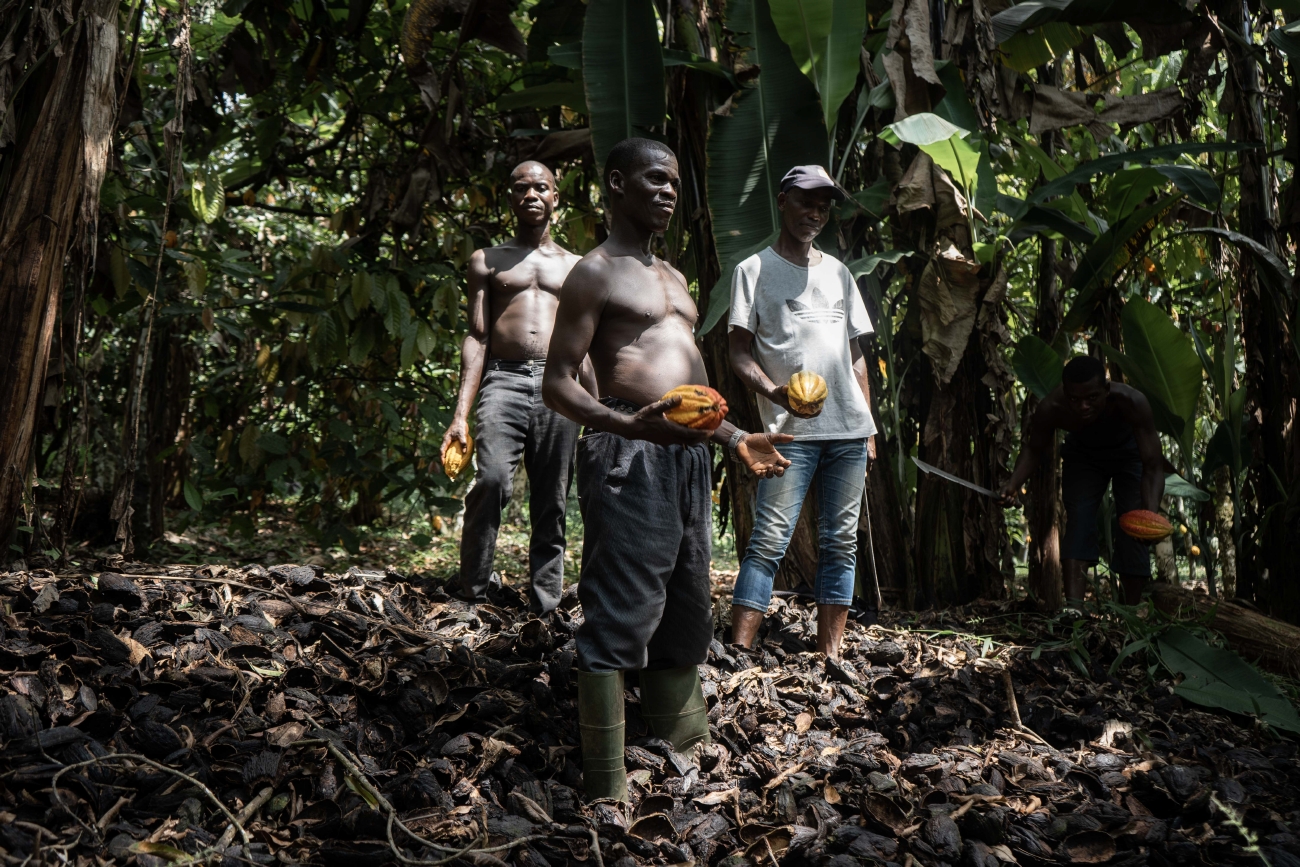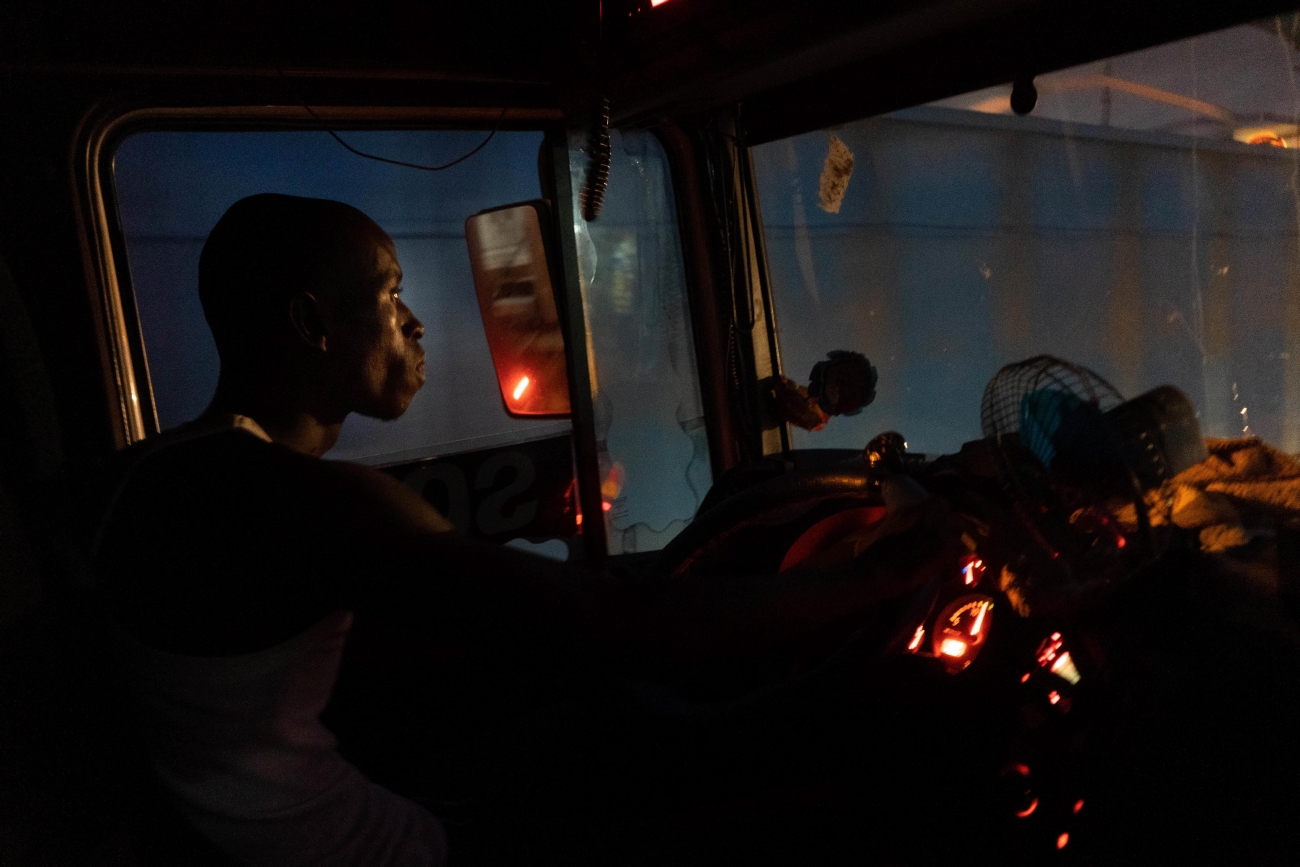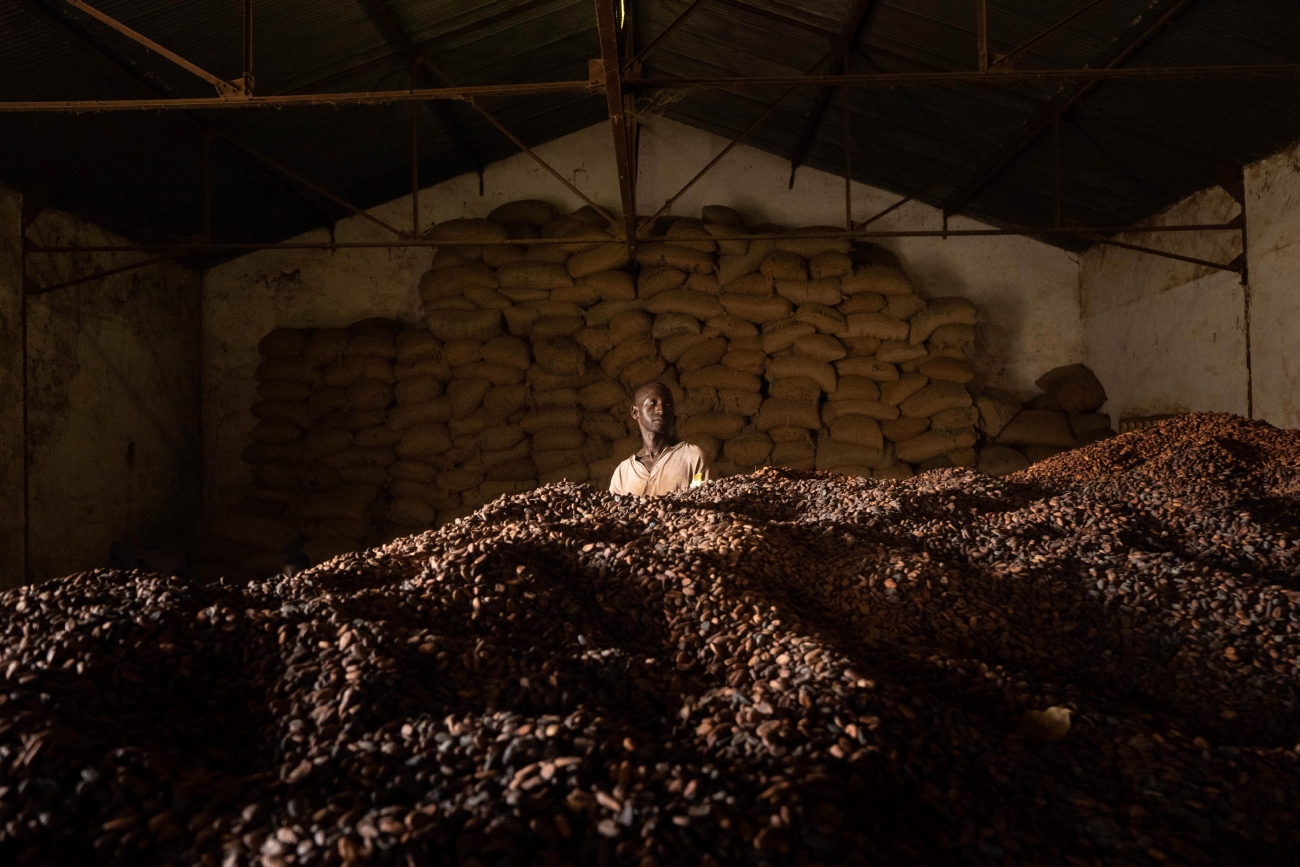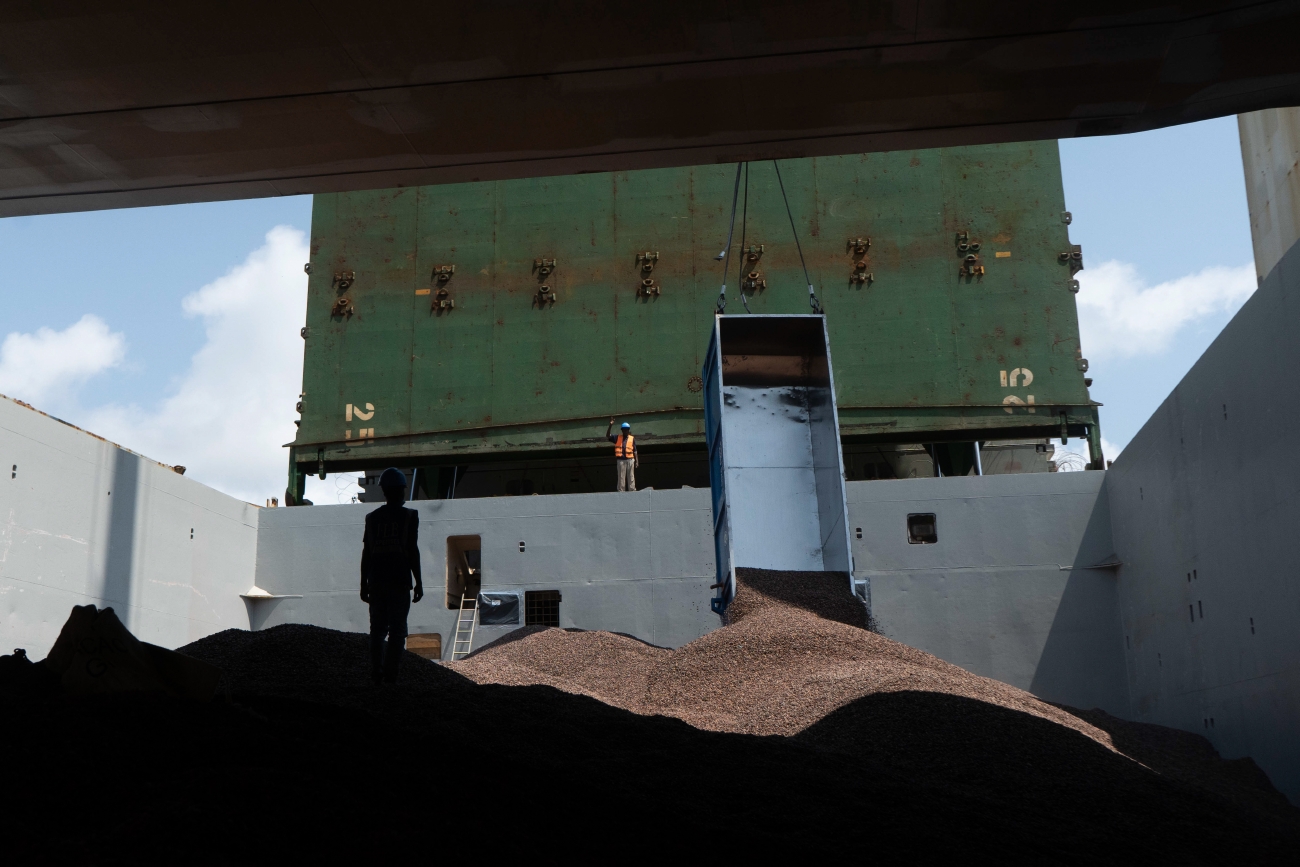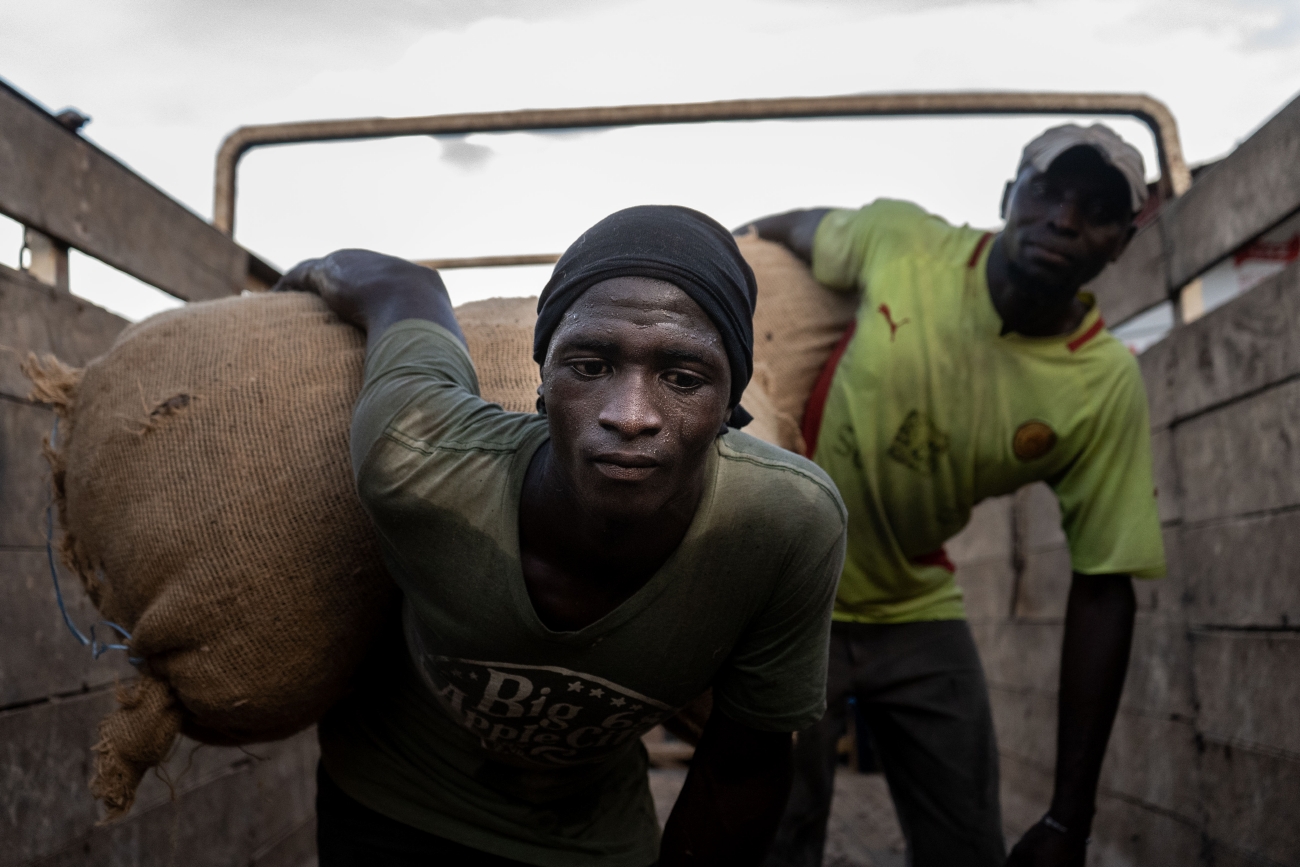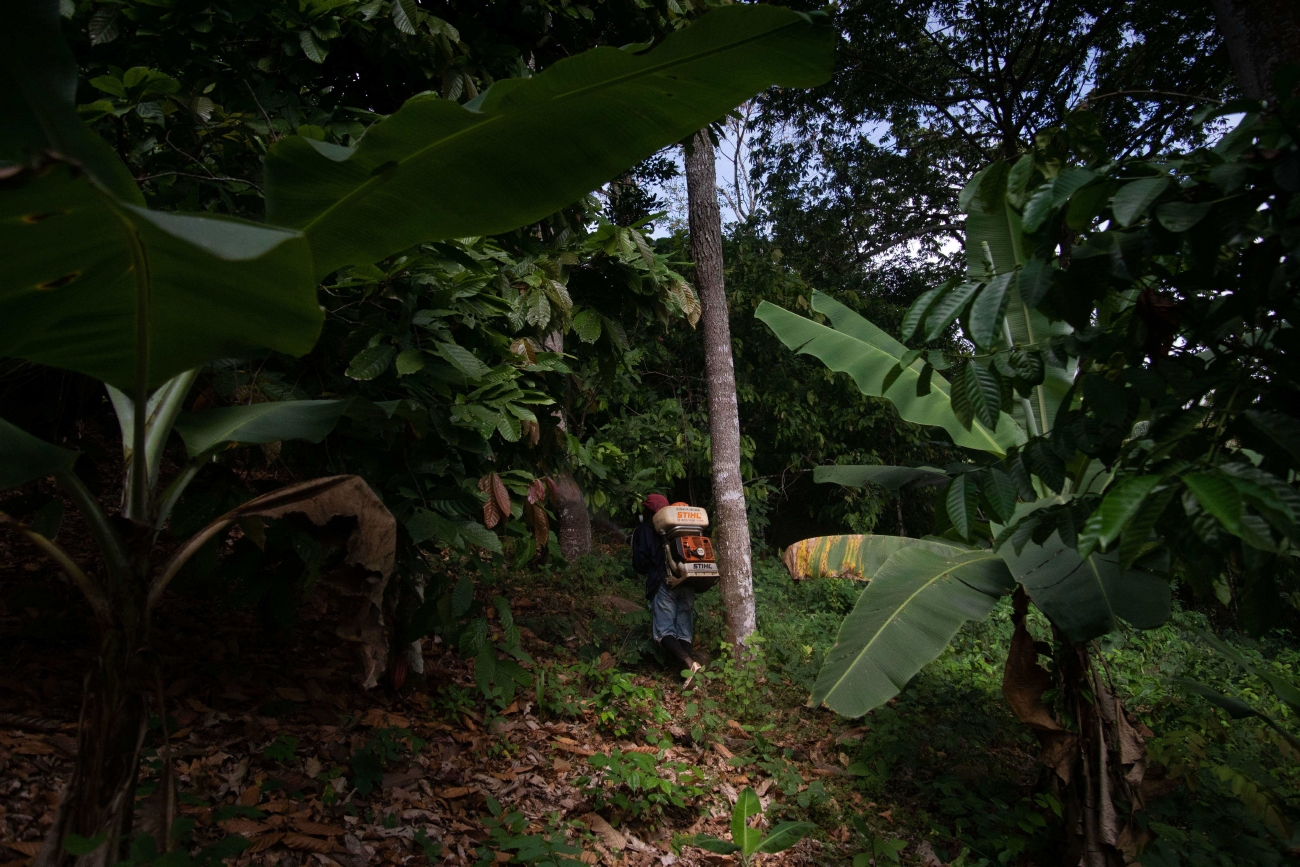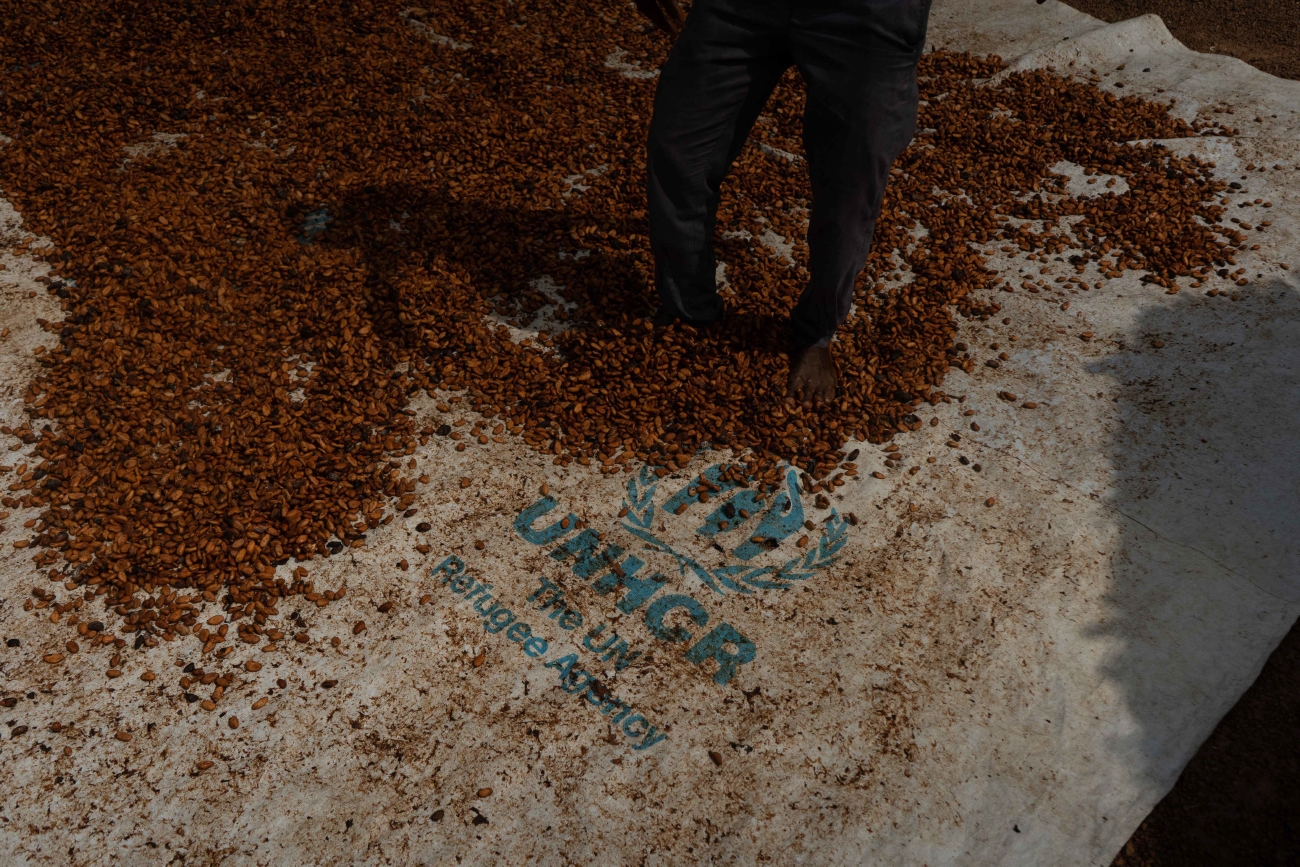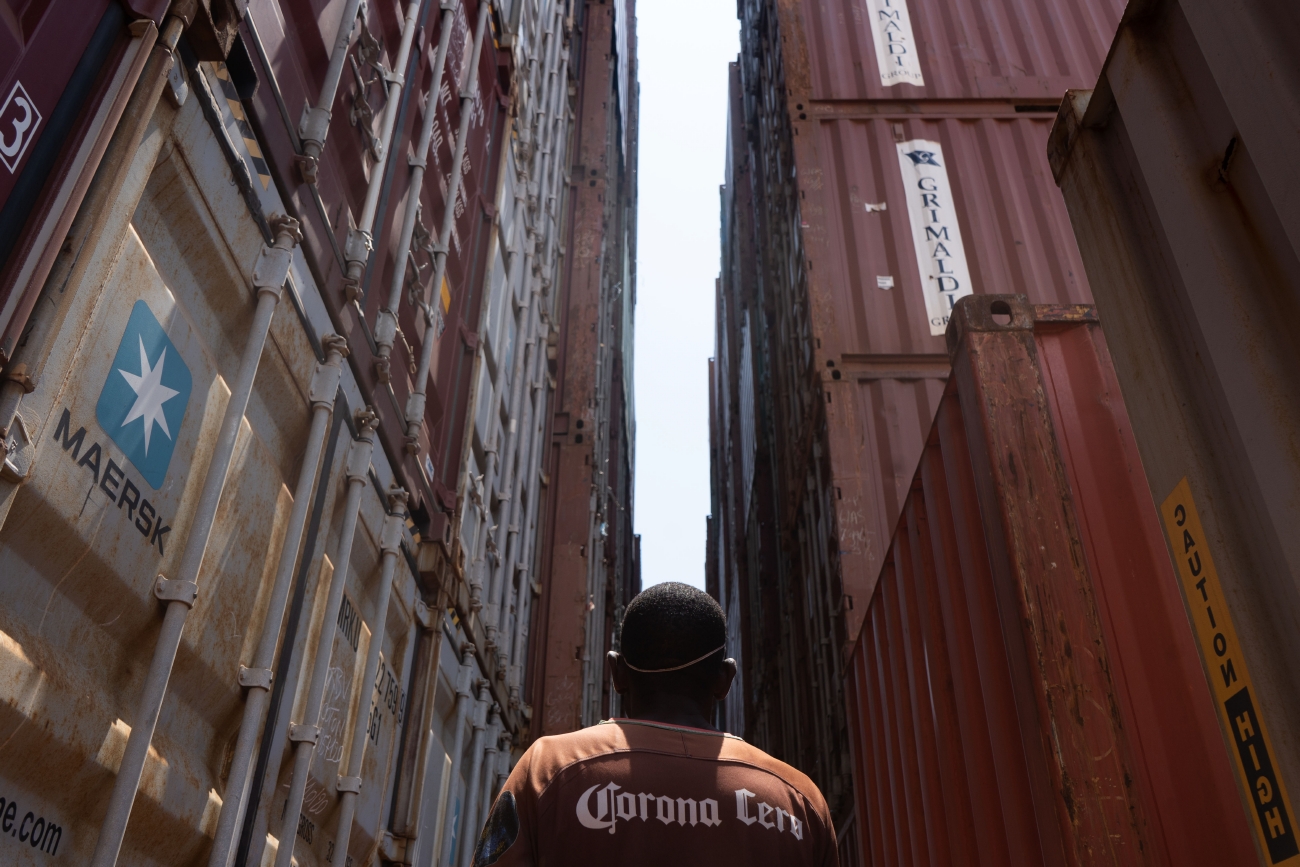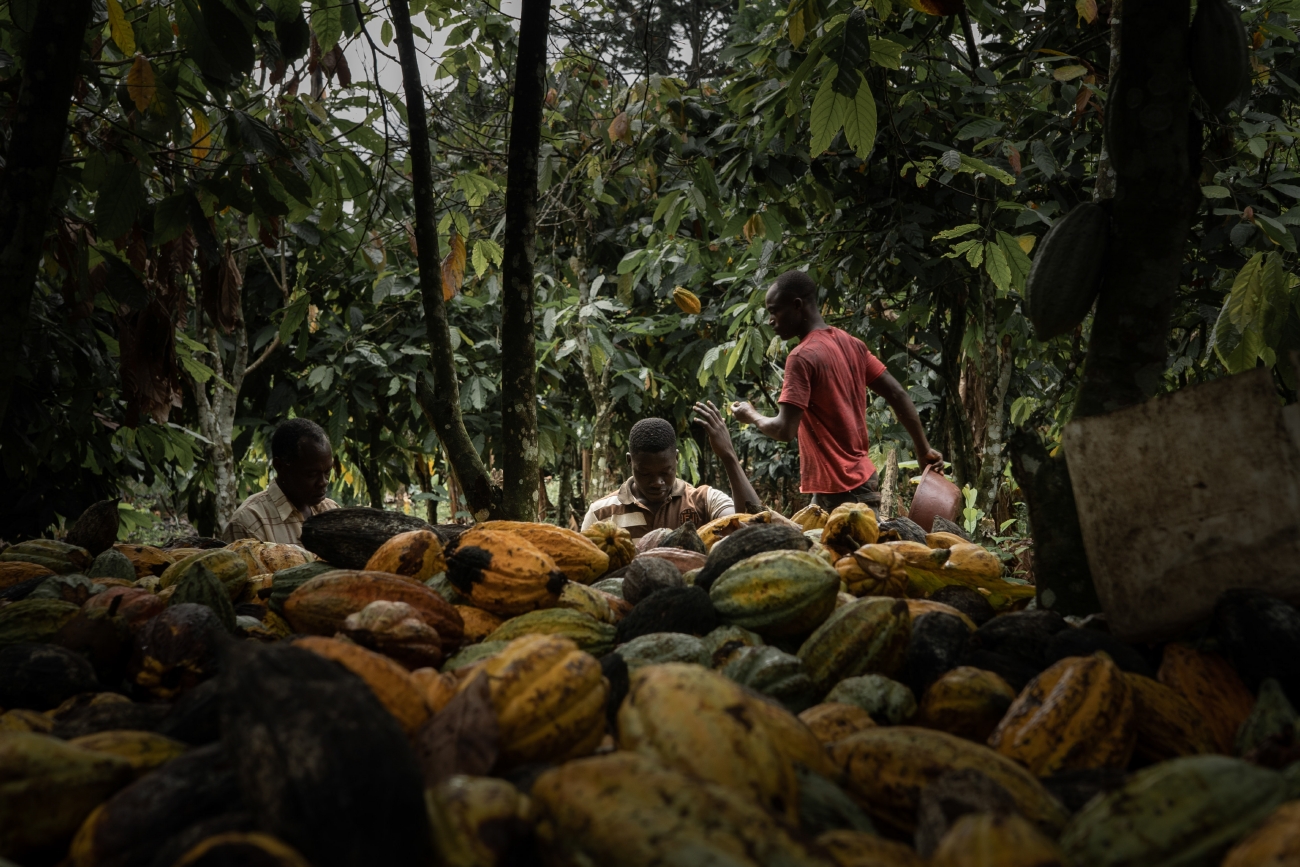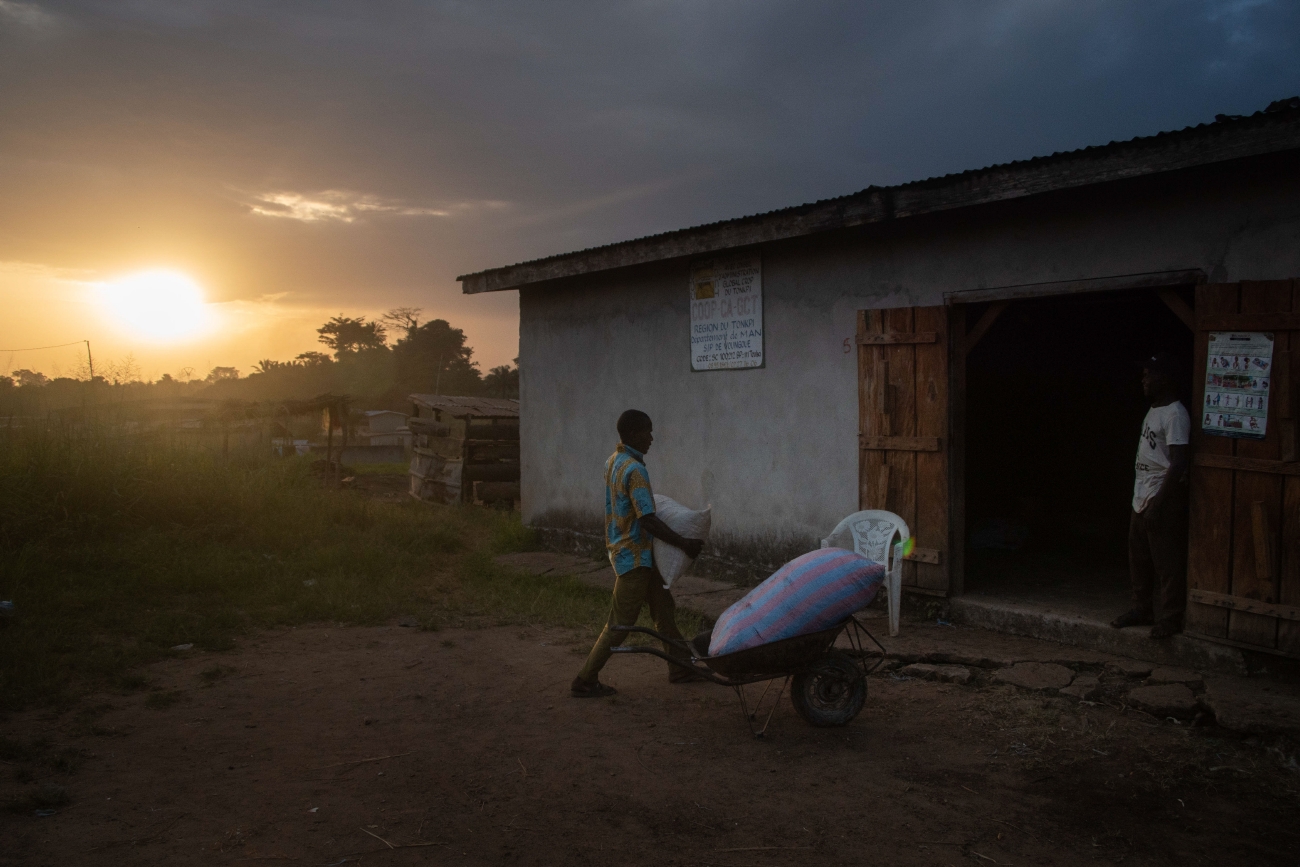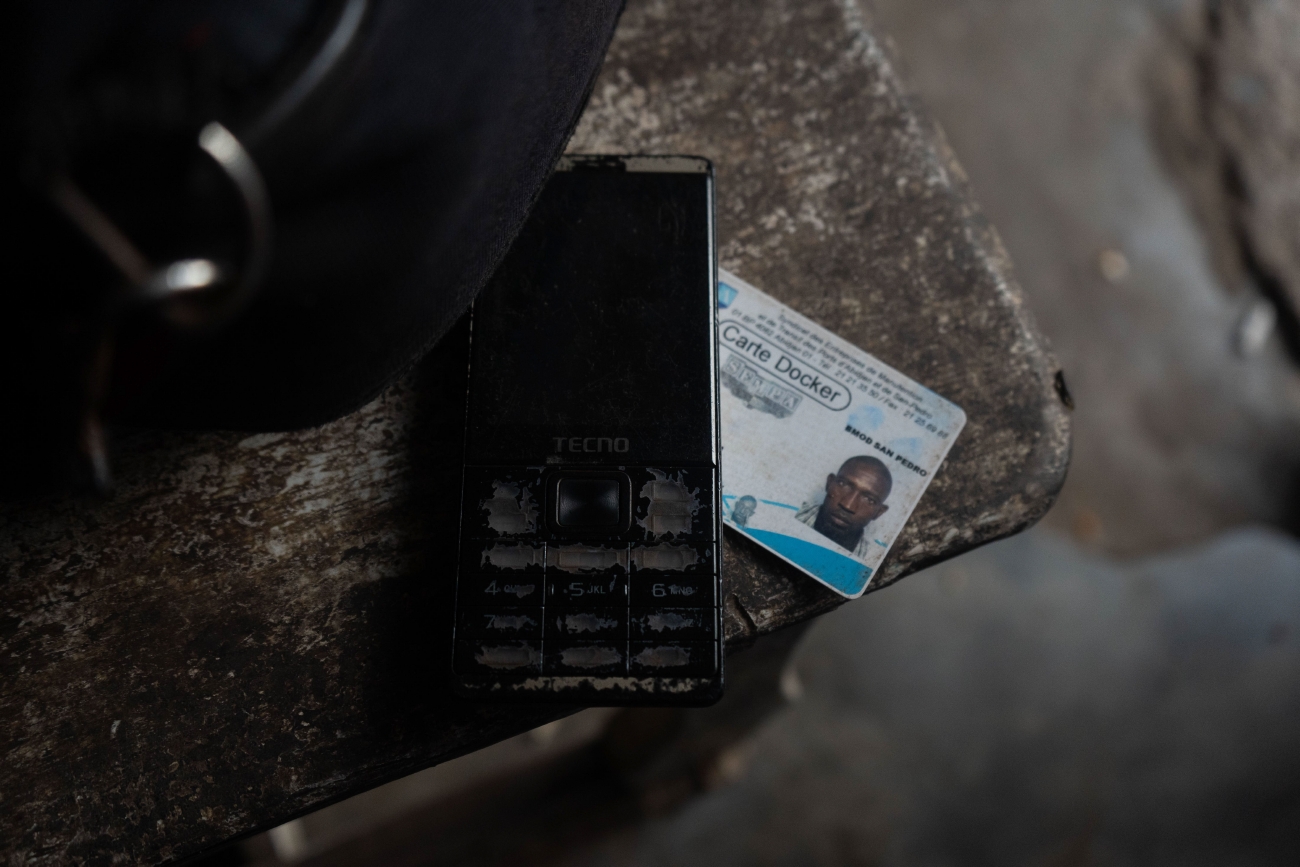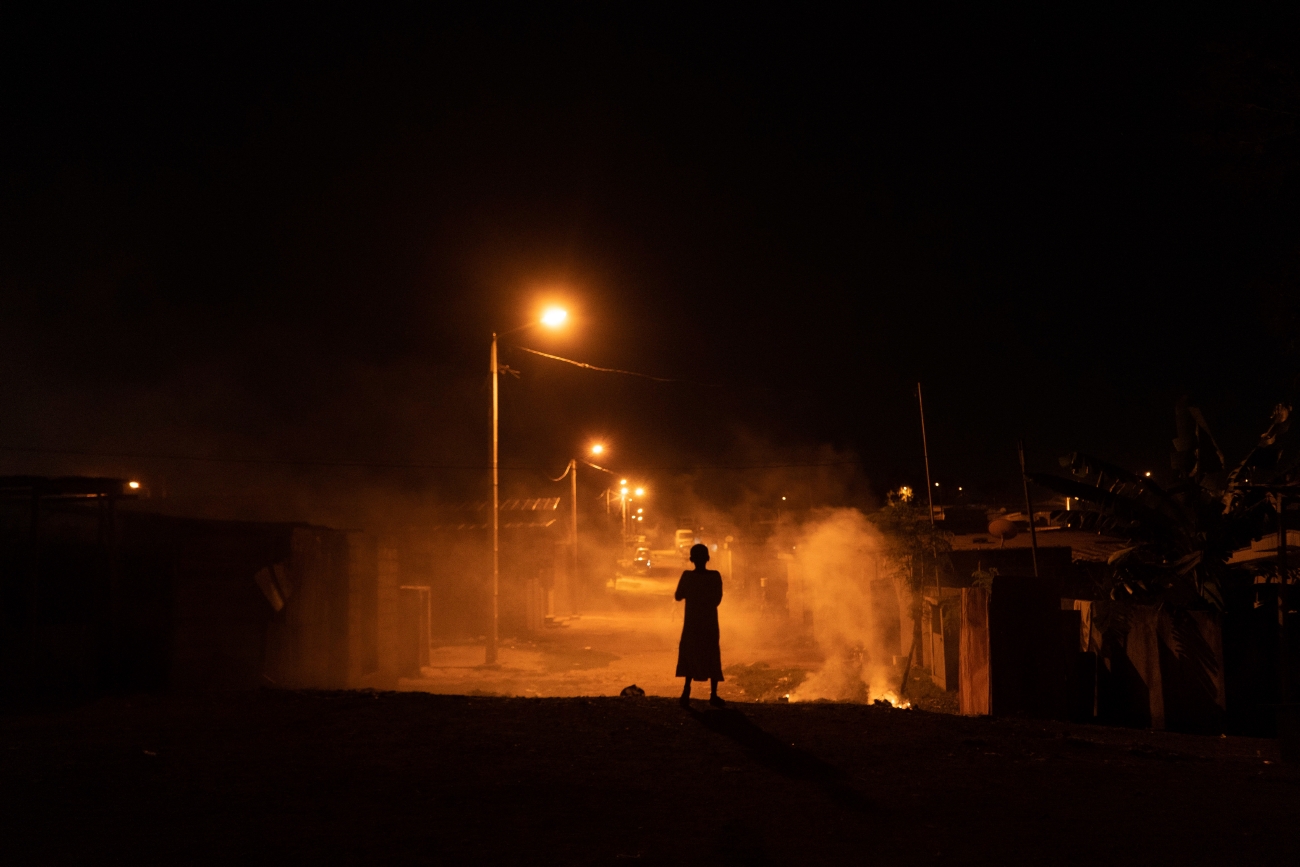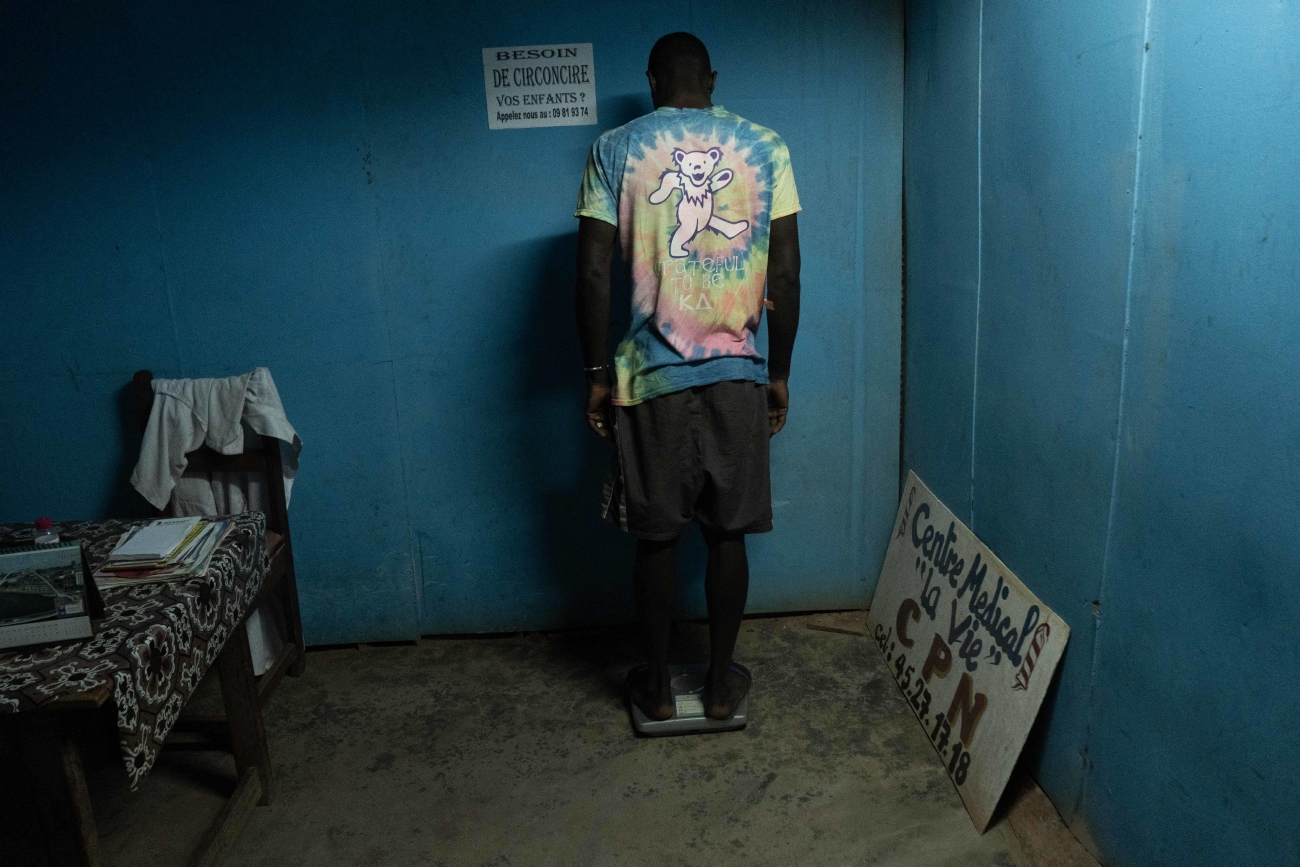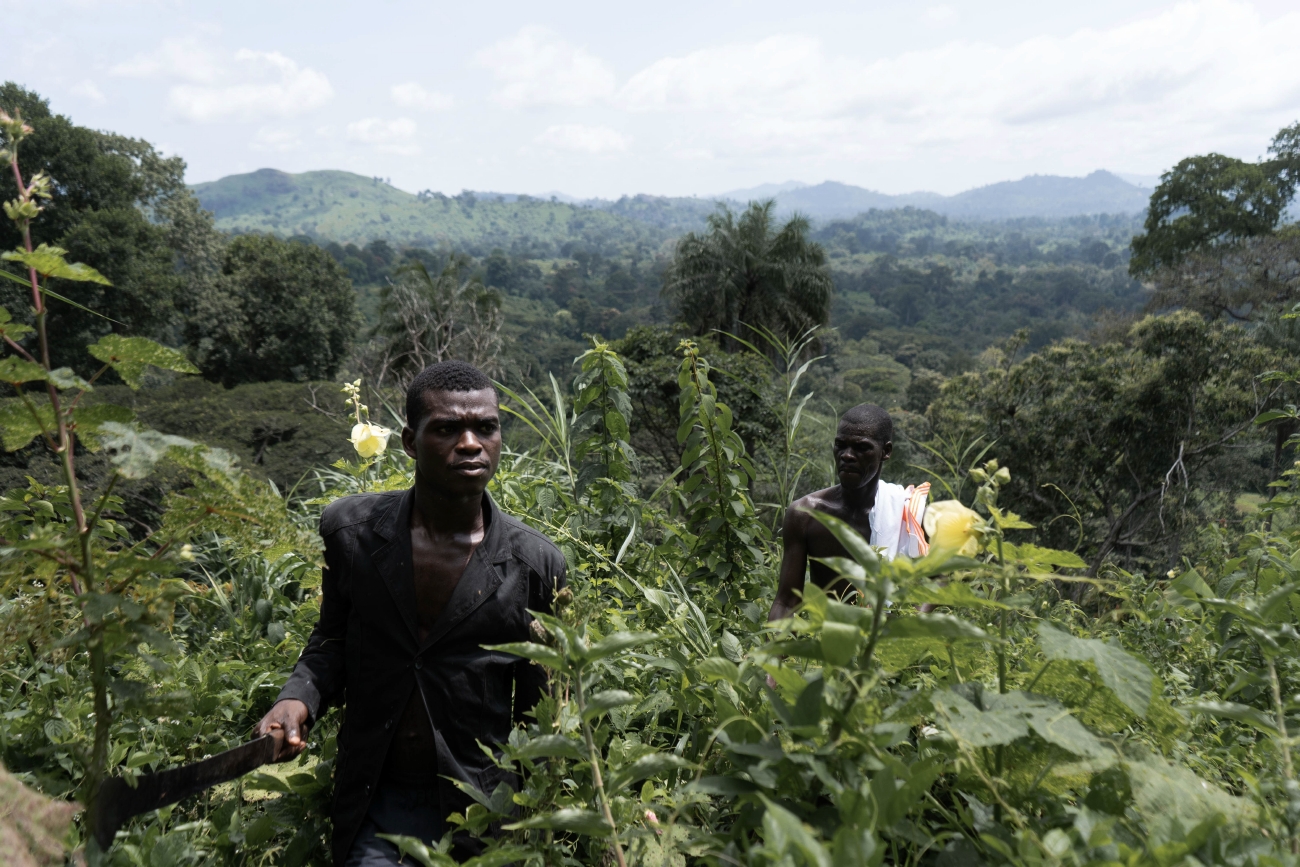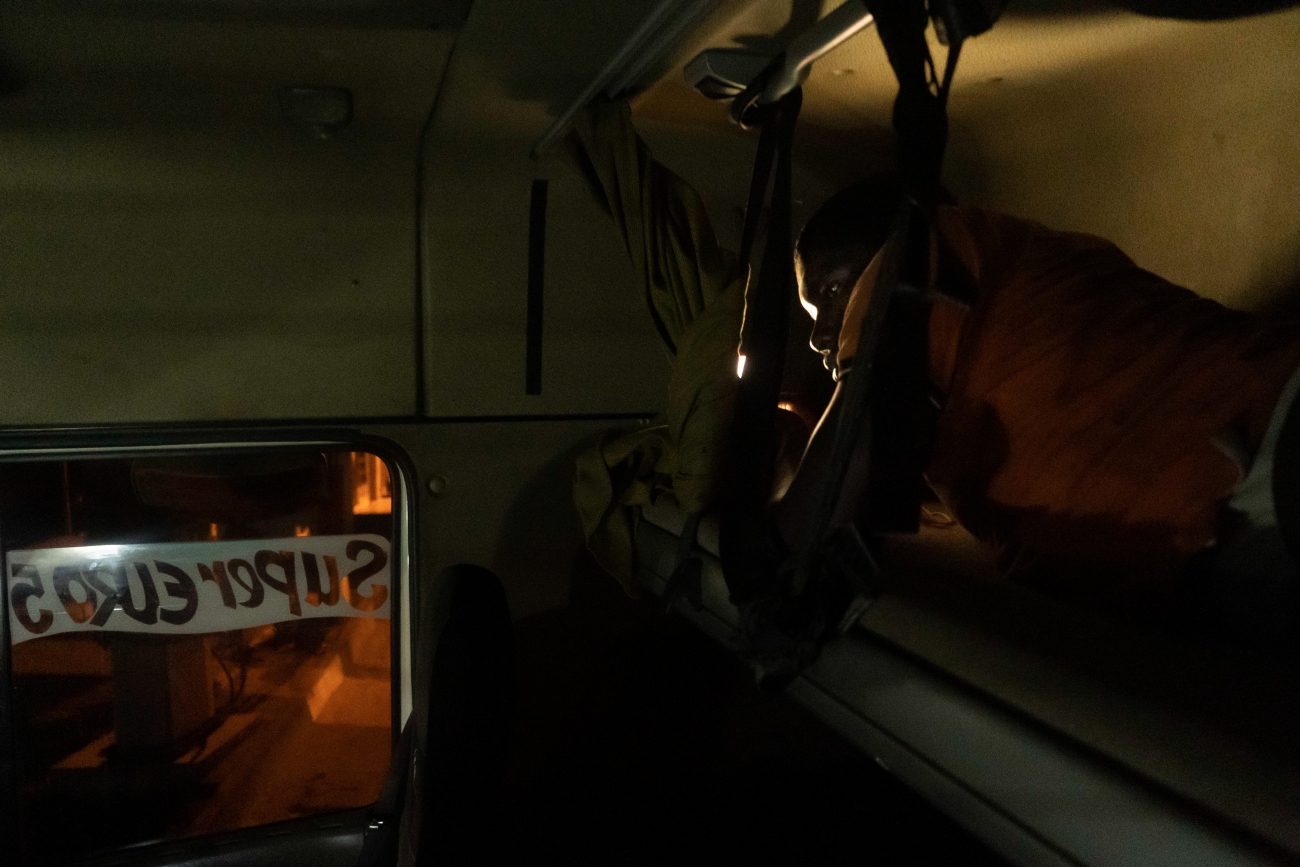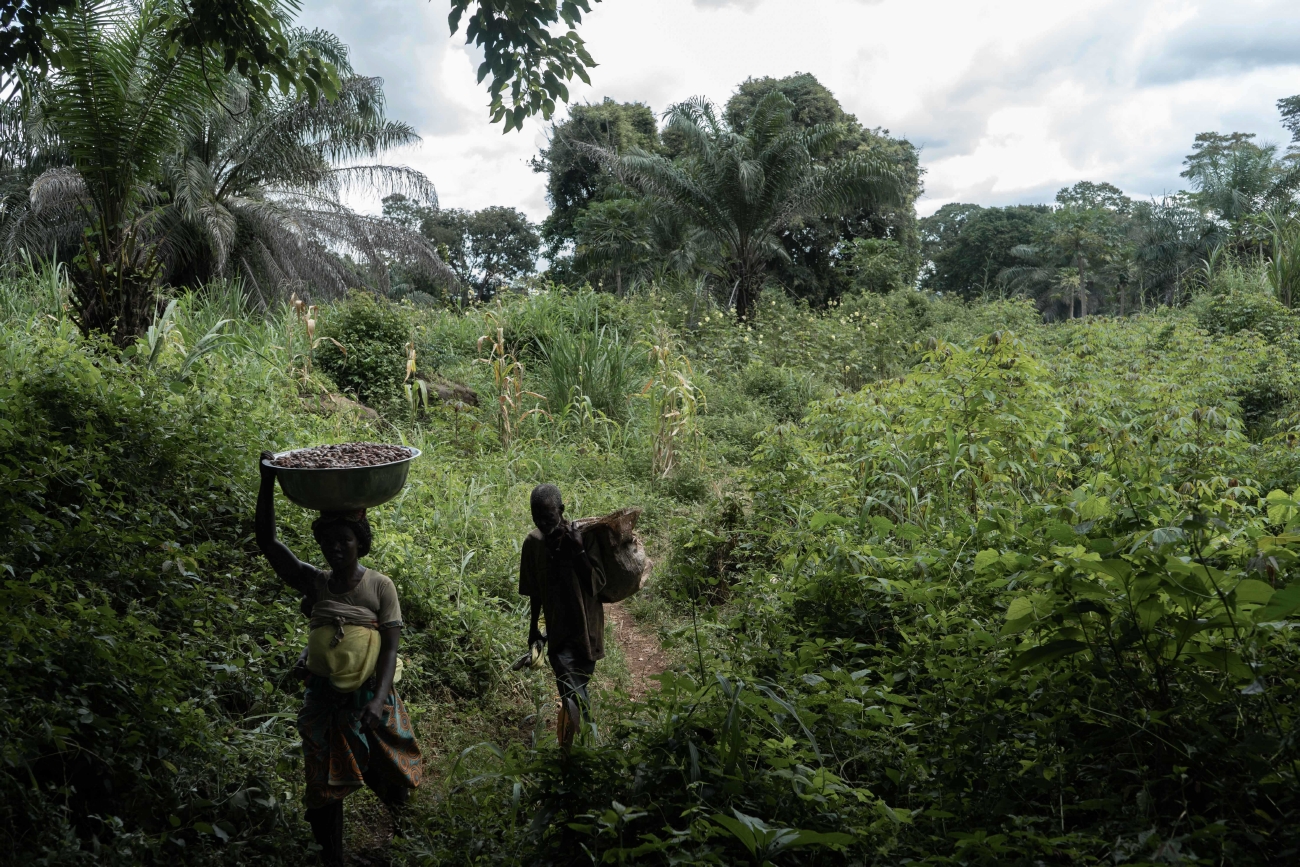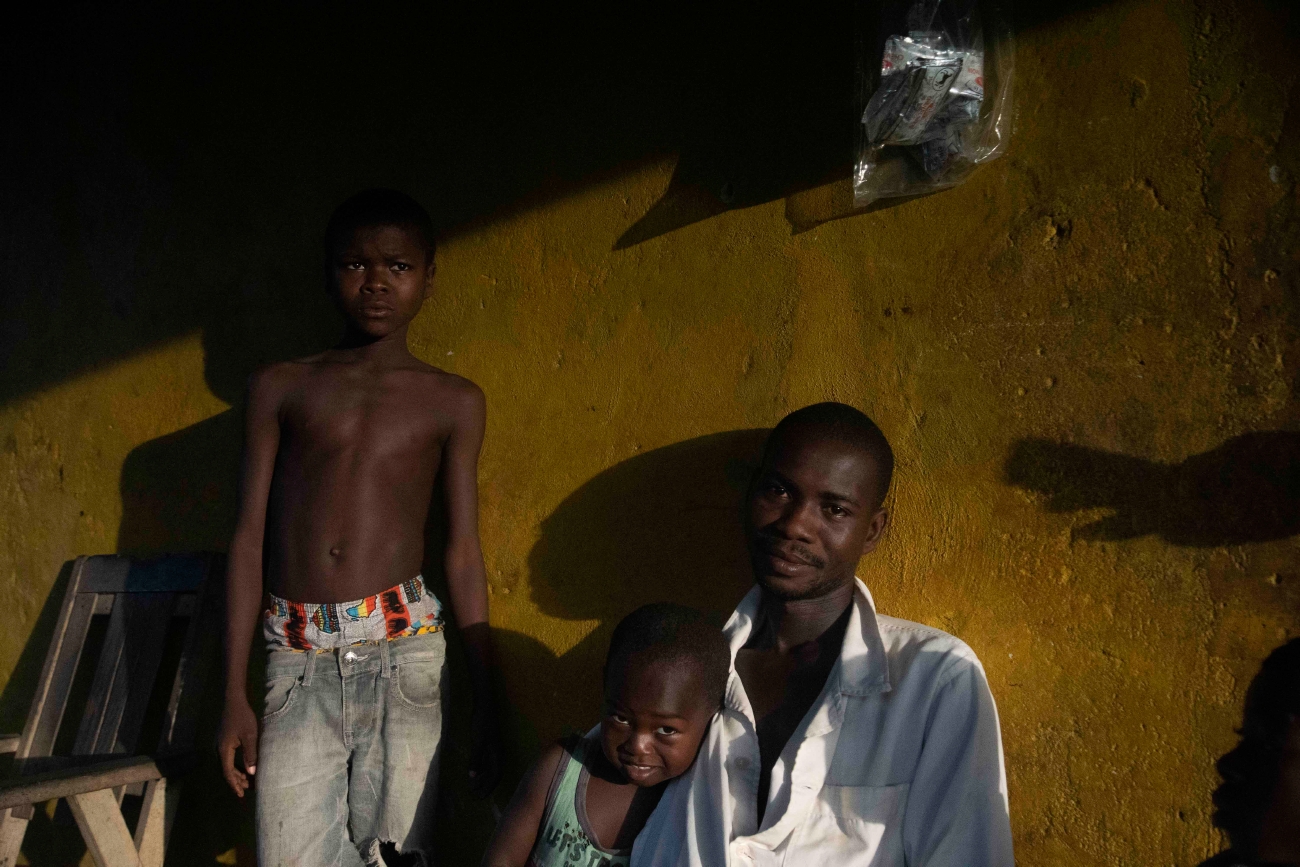The Bitter Fruit of Cocoa
The consequences of cocoa production in Ivory Coast
Photo by Paul Lemaire
It’s 8.40 p.m. A strong wind blows across the dark night sky, whistling through the large trees that protrude from the canopy formed by cocoa trees. Everything above this vegetal roof is doomed to die; everything below it is a treasure trove for cocoa planters. “In the time of my ancestors, there were rice fields and forests here. Me, I planted cocoa,” says Jean-Baptiste, an old farmer of the Guéré people, a group native to the great forests of western Ivory Coast. The forest will leave its place to the fields – In 2018 the NGO Mighty Earth reported that 90 per cent of the Ivorian primary forest had disappeared in less than
50 years. But although cocoa plantations in Ivory Coast are so extensive that they account for about 45 per cent of the world’s production, this isn’t necessarily good for local farmers who are left with only the crumbs, while most of the profits go to multinational chocolate companies. According to recent research published by Fairtrade, in the 1970s, the share of earnings reserved for cocoa farmers could reach as much as 50 per cent, while in recent years, following the collapse in the price of the raw material, African farmers are entitled to about 6 per cent of the total earnings.
(2020)
This inevitably affects the labor force, with slavery-level working conditions, particularly for children. Almost a million children are employed on plantations, and this is the other scourge of the cocoa harvest. They live in villages where cocoa is the only resource. Children are also forcibly relocated from other regions and neighboring nations. Over the past decade, Ivory Coast has been in the news for child exploitation and, even though the government recently convicted some 20 people of child trafficking, the situation has not improved. And so, youngsters like Donatien and his nine-year-old brother Cedric are forced to work in their father’s small field, with no chance of furthering their education or finding a viable alternative in order to escape poverty.
